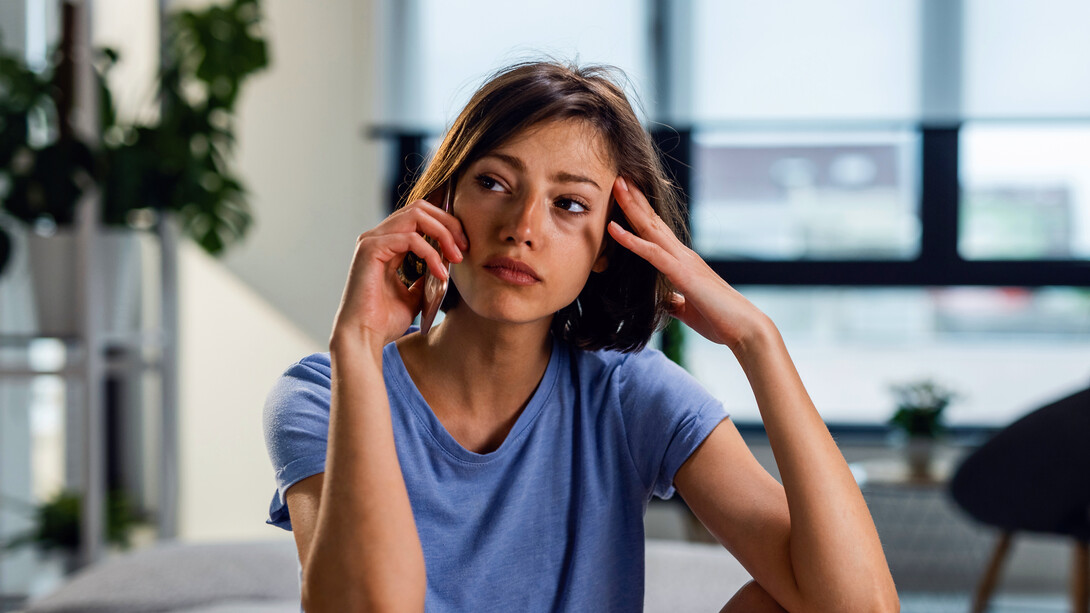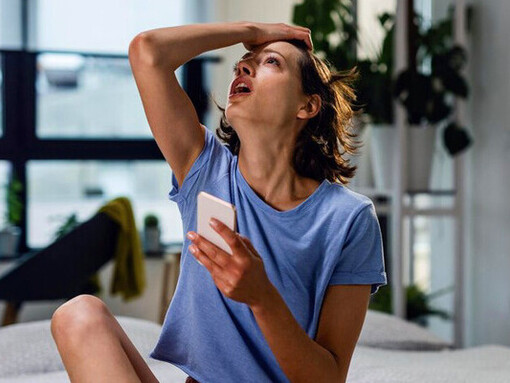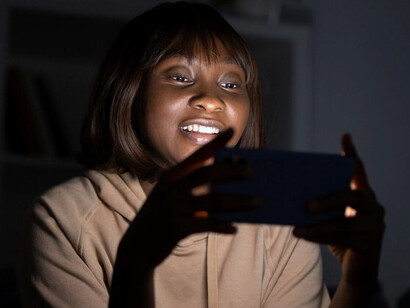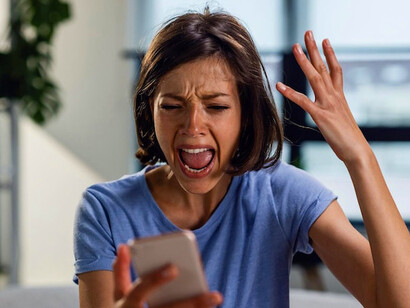Social media now plays a crucial role in everyday life by bringing people together from all over the world. Users are able to share their life, communicate with others, and keep themselves informed on platforms such as Facebook, Instagram, TikTok, and X (previously Twitter). Overuse of social media, however, has been connected to detrimental impacts on mental health, such as anxiety, depression, and low self-esteem. Stress and emotional tiredness may result from the continual need for approval from likes, comments, and shares. This article examines the impact of social media on mental health and offers helpful advice on taking a vacation to enhance wellbeing.
The impact of social media on mental health
Increased anxiety and stress: users of social media are constantly exposed to a flood of information, some of which may be too much to handle. Unrealistic depictions of lifestyle, online arguments, and news updates can all cause anxiety. Stress can also be exacerbated by the pressure to stay current with trends and maintain an online presence. Excessive social media use is associated with increased levels of anxiety, particularly among young adults, according to a study published in Computers in Human Behaviour. 1
Depression and loneliness: despite social media’s claims to bring people together, loneliness can occasionally result from using it. It can lead to emotions of sadness and inadequacy to compare oneself to the seemingly ideal lifestyles of others. People who used social media for more than three hours a day were more likely to experience depressive symptoms, according to a 2018 study published in JAMA Psychiatry.2
Sleep disturbances: social media browsing right before bed can interfere with sleep cycles. Screen blue light lowers melatonin levels, which makes it more difficult to fall asleep. Restlessness can also result from consuming emotionally charged material right before bed. According to Sleep Health research, social media use within 30 minutes of bedtime dramatically lowers the quality of sleep.3
Negative body image and low self-esteem: unrealistic beauty standards are fostered by the abundance of filtered and altered content on platforms such as Instagram and TikTok. Regular exposure to these pictures can cause low self-esteem and body dissatisfaction, especially in teens and young adults. Instagram has the greatest detrimental effect on young people’s mental health, according to a 2017 Royal Society for Public Health report, mostly because of issues with body image.
Addiction and reduced productivity: the purpose of social networking apps is to maintain user engagement over time. It can be challenging to quit using these platforms because of features like algorithm-driven content, notifications, and endless scrolling. This can eventually result in addiction, which will impact interactions in real life and productivity. According to a research in Cyberpsychology, Behaviour, and Social Networking, social media addiction has a detrimental impact on both productivity at work and academic achievement.4
How to take a break from social media
A “digital detox,” or vacation from social media, can help people’s mental health. Here are a few efficient methods for detaching:
Set screen time limits: utilise the smartphone’s built-in screen time tracking features to keep an eye on and restrict your daily social media use. Limiting your daily scrolling time to one or two hours will help you quit the habit.
Turn off notifications: getting notifications makes you want to check social media often. Turning off notifications can help you focus more on other tasks and cut down on distractions.
Schedule social media-free hours: set aside particular times of the day to avoid social media altogether. For instance, refrain from using social media before bed, during study or work hours, or during meals.
Engage in offline activities: instead of using social media, engage in offline pursuits that support mental health, like reading, working out, practicing meditation, or hanging out with loved ones. These pursuits enhance general happiness and lessen stress.
Use apps to block social media: access to social media sites can be momentarily blocked by a number of programs, including Freedom, StayFocusd, and AppBlock. Healthy digital habits can be formed with the aid of these technologies.
Unfollow or mute negative content: consider unfollowing or muting accounts that cause you to feel overwhelmed, nervous, or insecure. Follow accounts that encourage optimism, mental health awareness, and personal development instead.
Take a social media detox challenge: decide to take a brief vacation from social media, like a seven- or 30-day detox. To maintain accountability, let your loved ones know about your sabbatical. Assess your feelings following the detox and determine whether to prolong the break.
Conclusion
Even while social media offers numerous advantages, overuse can have a detrimental effect on mental health. Long-term use of social media can lead to a number of problems, including anxiety, depression, sleep disorders, body image problems, and addiction. Mental health can be greatly enhanced by taking a vacation from social media through screen time limitations, notification management, offline activities, and digital detox challenges. People can gain from digital connectivity without sacrificing their mental health by using social media with awareness.















